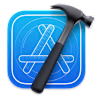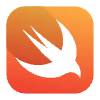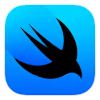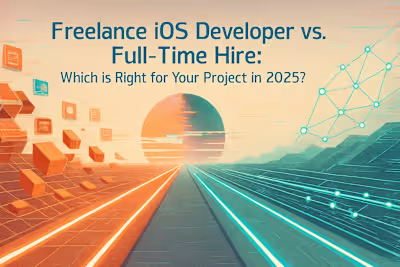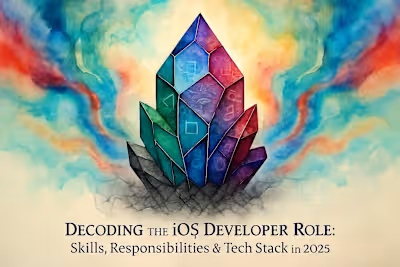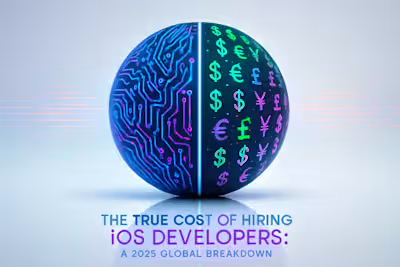Beyond the Code: How to Effectively Evaluate an iOS Developer's Portfolio in 2025
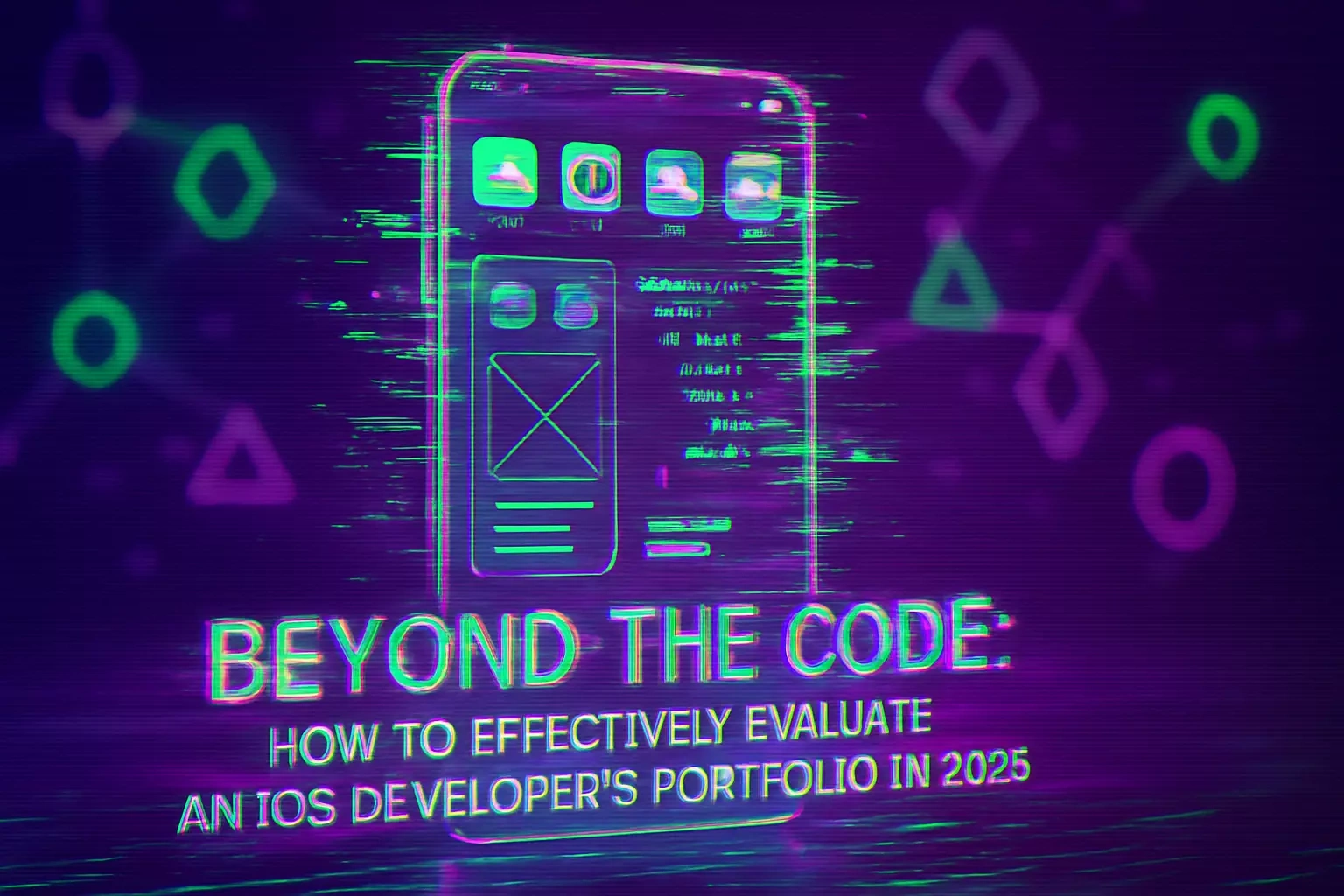
Beyond the Code: How to Effectively Evaluate an iOS Developer's Portfolio in 2025
The Importance of a Portfolio Review in the Hiring Process
Gauging Real-World Application of Skills
Assessing Problem-Solving Capabilities
Understanding Their Design Sensibility and Attention to Detail
What to Look For in an iOS Developer's Portfolio
Variety and Relevance of Projects
App Store Links and Live Demos
Code Samples (GitHub, Bitbucket)
User Interface (UI) and User Experience (UX) Quality
Complexity and Features Implemented
Problem-Solving Showcased
Role and Contribution (Especially in Team Projects)
Use of Modern Technologies and Best Practices
Questions to Ask a Candidate About Their Portfolio Projects
Can you walk me through [specific project] from concept to launch?
What was the biggest technical challenge you faced on this project, and how did you solve it?
What architectural patterns did you use and why?
If you could rebuild [specific project] today, what would you do differently?
How did you handle testing and quality assurance for this app?
What was your specific role and contribution in [team project X]?
Red Flags to Watch Out For in a Portfolio
Only Tutorial-Based or Very Simple Projects
Poorly Designed or Buggy Applications
Inability to Articulate Contributions or Challenges
Outdated Technologies or Practices (without justification)
Lack of Code Samples (if expected for the role)
Evaluating Portfolios for Different Experience Levels
Junior Developer Portfolios
Senior Developer Portfolios
Conclusion: Making an Informed Decision Based on Demonstrated Abilities
References
Beyond the Code: How to Effectively Evaluate an iOS Developer's Portfolio in 2025
The Importance of a Portfolio Review in the Hiring Process
Gauging Real-World Application of Skills
Assessing Problem-Solving Capabilities
Understanding Their Design Sensibility and Attention to Detail
What to Look For in an iOS Developer's Portfolio
Variety and Relevance of Projects
App Store Links and Live Demos
Code Samples (GitHub, Bitbucket)
User Interface (UI) and User Experience (UX) Quality
Complexity and Features Implemented
Problem-Solving Showcased
Role and Contribution (Especially in Team Projects)
Use of Modern Technologies and Best Practices
Questions to Ask a Candidate About Their Portfolio Projects
Can you walk me through [specific project] from concept to launch?
What was the biggest technical challenge you faced on this project, and how did you solve it?
What architectural patterns did you use and why?
If you could rebuild [specific project] today, what would you do differently?
How did you handle testing and quality assurance for this app?
What was your specific role and contribution in [team project X]?
Red Flags to Watch Out For in a Portfolio
Only Tutorial-Based or Very Simple Projects
Poorly Designed or Buggy Applications
Inability to Articulate Contributions or Challenges
Outdated Technologies or Practices (without justification)
Lack of Code Samples (if expected for the role)
Evaluating Portfolios for Different Experience Levels
Junior Developer Portfolios
Senior Developer Portfolios
Conclusion: Making an Informed Decision Based on Demonstrated Abilities
References
Posted Jun 12, 2025
Hiring an iOS developer? Learn what to look for in their portfolio: code quality, UI/UX sensibility, problem-solving skills, and project impact. Evaluate effectively.

